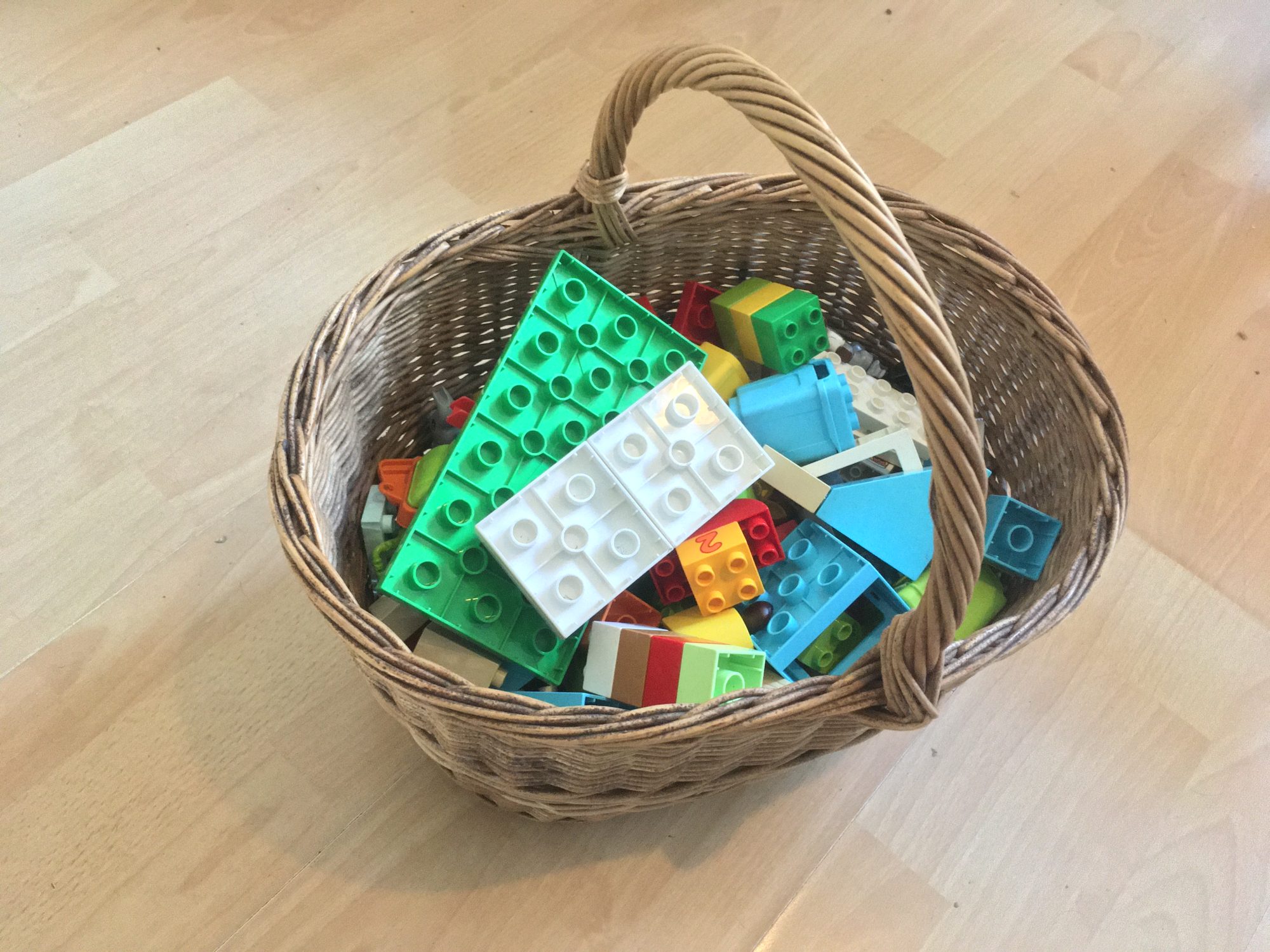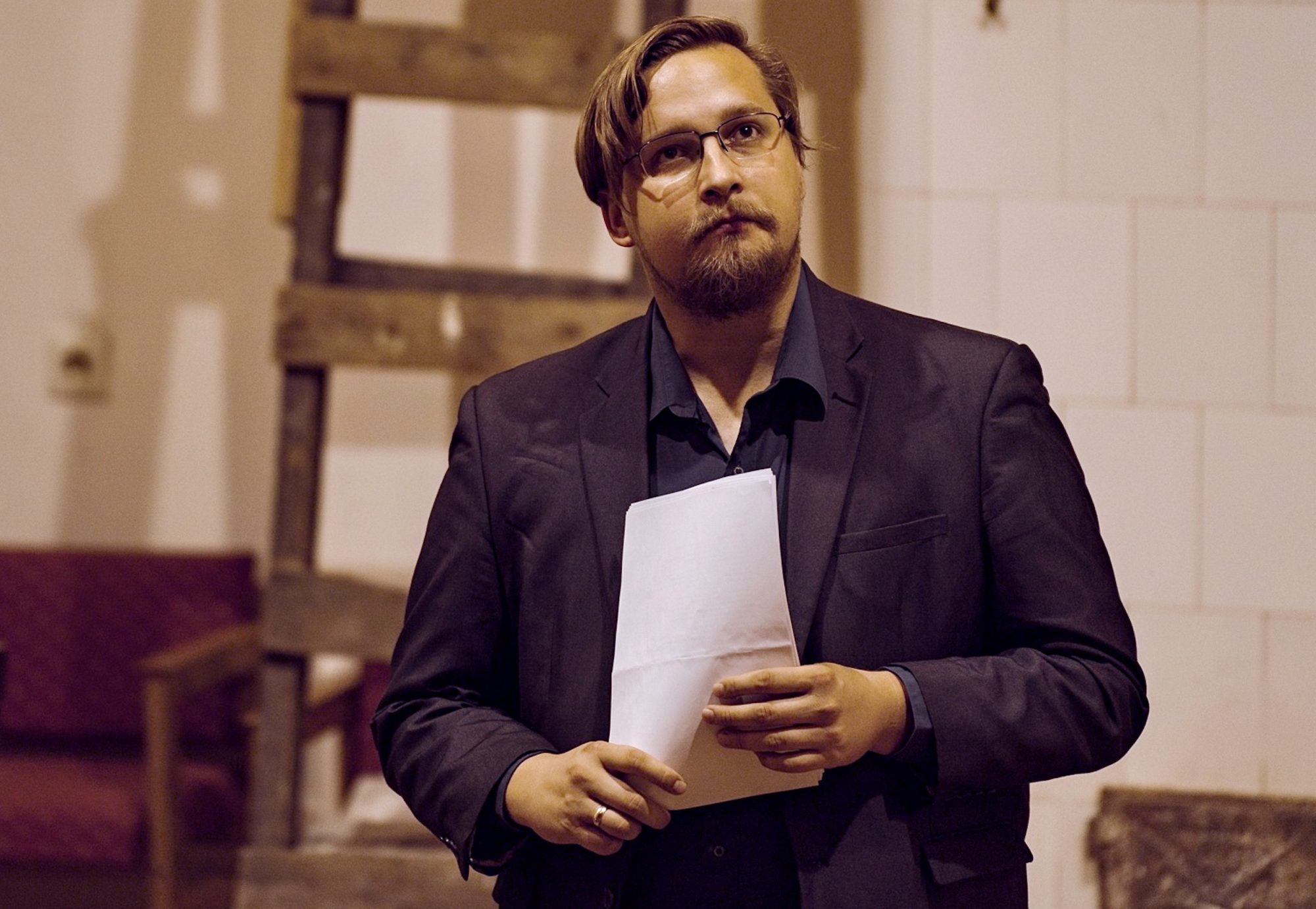Mana valsts
Komiķei Sindhu Vī ir joks, ka bērni ir garlaicīgi: “Visu, ko zina viņi, tu jau zini.” Mana sieva teica, ka tās ir muļķības. Tiešām, vismaz mūsu trīsgadnieks gandrīz katru dienu pasaka ko iepriekš nedzirdētu. Es viņa izteikumus pierakstu. Piemēram, šogad viņš nobūra “debesis par košļenēm”, brauca ar “karieti, kas pļauj zāli”, bija frizieris, kas “matos liek putukrējumu”. Vēl nesen prasīja: “kāds mūsu mājai ir uzvārds?”
Tikmēr paziņa man nesen izteica hipotēzi, ka pretrunas Vecajā Derībā “spilgti liecina, ka Dievs ir mūžīgais, pieredžu neaizskartais bērns mūsos”. Man patīk šī doma, ka paradoksā ir kaut kas ne tikai bērnišķīgs, bet līdz ar to arī dievišķs. It kā pretējas nozīmes nevis viena otru izslēdz, bet drīzāk padara par amfībiju.
Bet kā ir ar pretrunām citur? Latvijā ar jūsmu atbalstu diemžēl gūst konservatīvi nacionālistiskie populisti. Mēs esam viena no retajām vietām, kur joprojām nav ratificēta Stambulas konvencija. Vienlaikus pēc valdības sabrukuma mums ir izteikti progresīva kultūras ministres kandidāte. Mums ir pirmais atklāti homoseksuālais prezidents.
Mans dēls man šodien dusmās pārkoda ādu. Pēc tam viņš zem ēdamgalda salika kompleksu urbāno ainavu no “Duplo”.
Varbūt “bērns mūsos” ir simpātiska metafora tāpēc, ka uzsver saistību ar citiem, tas ir kaut kas viens iekšā daudziem. Radniecīgs salīdzinājums: “Ideālā pilsēta ir nekas cits kā vien uz āru izgrieztas smadzenes.” Tā, šķiet, teica Durss Grīnbeins. Vai arī tas bija Alešs Štegers? Vai arī Štegers citēja Grīnbeinu? Katrā gadījumā to pašu vienā dzejolī rakstīja latviešu moderniste Monta Kroma: “[arhitekti] būvē smadzenes!”
Taisu dēlam vakariņās vegānu šniceli, klausos kvīru folkroku un, lai arī tam neticu, iztēlojos Rīgu kā mūsu, mūžīgu bērnu, pretrunīgās smadzenes, kas ne tikai sev iekož un pēc tam sevi samīļo, bet arī pašas sev pasaka kaut ko tādu, ko iepriekš nespēja iedomāties. “Es esmu dzīvokļa pasažieris!” Pirms gulētiešanas salasām izbārstītos klucīšus.
Mein Staat
In einem Gig der Komikerin Sindhu Vee heißt es, Kinder seien langweilig. „Alles, was sie wissen, weißt du schon.“ Meine Frau meint, das sei Unsinn. Tatsächlich sagt zumindest unser Dreijähriger fast jeden Tag etwas, was wir noch nie gehört haben. Ich notiere seine Aussprüche. Dieses Jahr hat er zum Beispiel „den Himmel in Kaugummi“ verzaubert, ist mit einer „Kutsche, die Gras mäht“ gefahren, war ein Friseur, der „Haare in Schlagsahne einlegt“. Erst vor kurzem wollte er wissen: „Wie heißt unser Haus mit Nachnamen?“
Ein Bekannter verkündete mir gegenüber neulich die Hypothese, die Widersprüche im Alten Testament seien ein klarer Beweis dafür, „dass Gott das von Erfahrung noch unberührte ewige Kind in uns ist“. Mir gefällt dieser Gedanke, dass im Paradox etwas nicht nur Kindliches, sondern gleichzeitig auch Göttliches liegt. Als würden gegensätzliche Bedeutungen einander nicht ausschließen, sondern zu Amphibien machen.
Doch wie steht es mit Widersprüchen an anderer Stelle? In Lettland bekommen nationalkonservative Populisten leider leidenschaftlichen Zuspruch. Wir gehören zu den wenigen Ländern, die die Istanbul-Konvention des Europarates noch nicht ratifiziert haben. Gleichzeitig wurde nach dem Zusammenbruch der Regierung eine ausgesprochen progressive Kandidatin für das Amt der Kulturministerin aufgestellt. Wir haben den ersten offen homosexuellen Präsidenten.
Mein Sohn hat mir heute im Zorn die Haut durchgebissen. Danach saß er unter dem Esstisch und baute mit Duplo eine komplexe Stadtlandschaft.
Vielleicht ist „das Kind in uns“ deshalb eine sympathische Metapher, weil es die Verbindung mit anderen betont; es ist etwas Einzelnes in Vielen. Ein verwandter Vergleich: „Die ideale Stadt ist nichts als das nach außen gestülpte Gehirn“. Das hat, glaube ich, Durs Grünbein gesagt. Oder war es Aleš Šteger? Oder hat Šteger Grünbein zitiert? Auf jeden Fall hat die lettische Modernistin Monta Kroma in einem ihrer Gedichte dasselbe geschrieben: „[Architekten] bauen Gehirne!“
Ich brate meinem Sohn ein veganes Schnitzel zum Abendbrot, höre queeren Folkrock und stelle mir, obwohl ich nicht daran glaube, Riga als das widersprüchliche Gehirn unserer ewigen Kinder vor, das sich nicht nur selbst beißt und danach tröstet, sondern auch zu sich selbst etwas sagt, das es sich zuvor nicht hat ausdenken können. „Ich bin ein Passagier der Wohnung!“ Vor dem Zubettgehen sammeln wir die verstreuten Klötzchen ein.
Übersetzung: Nicole Nau
My Country
Comedian Sindhu Vee has a joke about children being boring: “Everything they know, you already know.” My wife finds this notion completely nonsensical. Indeed, our three-year-old surprises us with something new almost every day. I’ve started jotting down the things he says, like when he turned „clouds into chewing gum,“ rode on a „lawn-mowing carriage,“ or played hairdresser by „styling hair with whipped cream.“ Recently, he asked us out of the blue: „What’s the surname of our house?“
Someone once shared with me a hypothesis suggesting that the contradictions in the Old Testament clearly indicate that God is “the eternal child within us, untouched by experience”. I like the idea that within a paradox, there exists something not just childlike, but also inherently divine. To put it another way, opposite meanings don’t necessarily negate each other; instead, they become amphibians.
But what about contradictions elsewhere? In Latvia, conservative nationalist populists are sadly garnering enthusiastic support. We are also one of the few places where the Istanbul Convention remains unratified. Meanwhile, following the collapse of the government, we have a very progressive Minister of Culture, and we have our first openly homosexual president.
Today, my son, in a fit of anger, bit me hard enough to break the skin. Yet, moments later, he created an intricate urban landscape from “Duplo” bricks under the dining table.
Perhaps the metaphor of „the child within“ appeals to us because it emphasizes our connection with others – it is something one within many.
A pertinent analogy comes to mind: „The ideal city is nothing but the human brain turned inside out.“ I think Durs Grünbein said this. Or was it Aleš Šteger? Or was Šteger quoting Grünbein? In any case, Latvian modernist Monta Kroma wrote the same thing in one of her poems: „[architects] build brains!“
I prepare a vegan schnitzel for my son’s dinner, tune into queer folk rock, and, even though I don’t really believe it, I envision Riga as our mind – the paradoxical brain of a perpetual child who bites himself and then hugs himself and occasionally surprises itself by uttering things never imagined before. „I’m a passenger of this apartment!“ Before bedtime, we put the scattered toy bricks back in the box.
Translation: Kintija Rogers
Teilen












